The UN Security Council has been turned into the Insecurity Council. The UN Plenary Session voted with a 2/3 majority on 2025-2-24 the draft Resolution L.10 stating: “Three years after the Russian Federation’s full-scale invasion of Ukraine, the General Assembly today adopted two resolutions reaffirming Ukraine’s sovereignty and territorial integrity …”. As part of this resolution the UN General Assembly claims “accountability for the most serious crimes under international law committed on the territory of Ukraine …”.
The UN Insecurity Council (15 Members, China, USA Russia, F, UK as permanent Members) adopted almost in parallel with 10 votes in favor and 5 abstentions (Denmark, France, Greece, Slovenia, United Kingdom) resolution 2774 (2025) calling for a swift end to conflict. The most notable change in international politics is the changed voting behavior of the USA, which has retreated from an outspoken condemnation of Russia as aggressor and occupant of foreign territory.
The “revealing of masks” in what appears to be a neo-imperialist period of time has come. The set-up of the post 1945 UN institution of the Security Council has lost a major function to prevent armed conflicts and early reaction potential. The force to aim for and guarantee international peace lies much more in the hand of the plenary of the UN rather than the small select Security Council dominated by previous superpowers largely due to their possession of nuclear weapons of mass destruction.
The voting of a resolution by the Insecurity Council, which is in contradiction with a resolution of the UN General Assembly concerning the spirit, if not the words, is a source of insecurity itself. A reform of the UN system, which risks to become a “shopping system” of lenient organizations, where you join and leave the organization (UNESCO, WHO, WTO …) will loose impact.
For many people and countries, the only hope for a guarantee of human rights lies with the United Nations Human Rights Charter, peace keeping missions and International Courts. The UN Security Council as an Insecurity Council is likely to let down many people truly seeking a peaceful life.
(Image: The Fall of Icarus, Pablo Picasso, at HQ UNESCO, Paris)

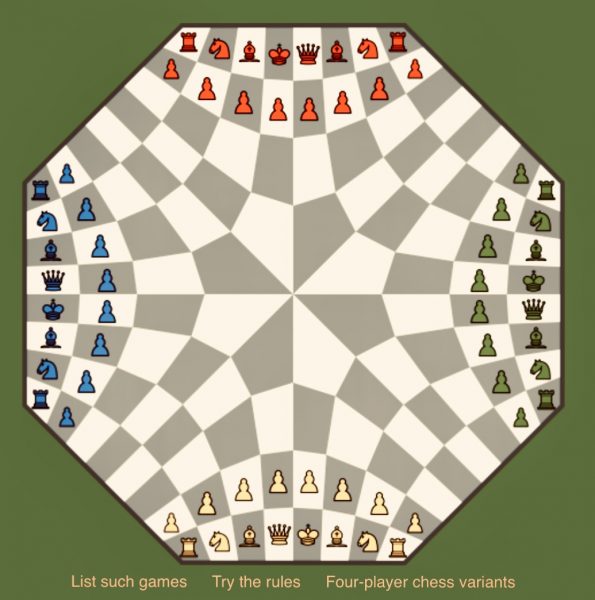


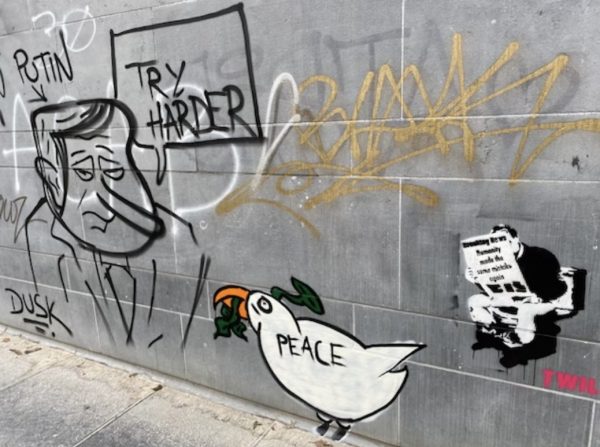
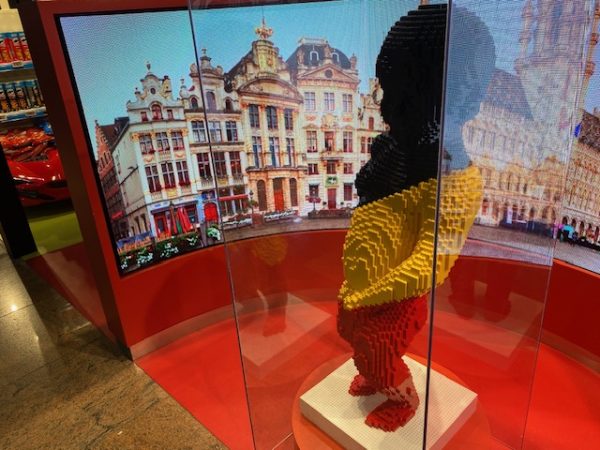

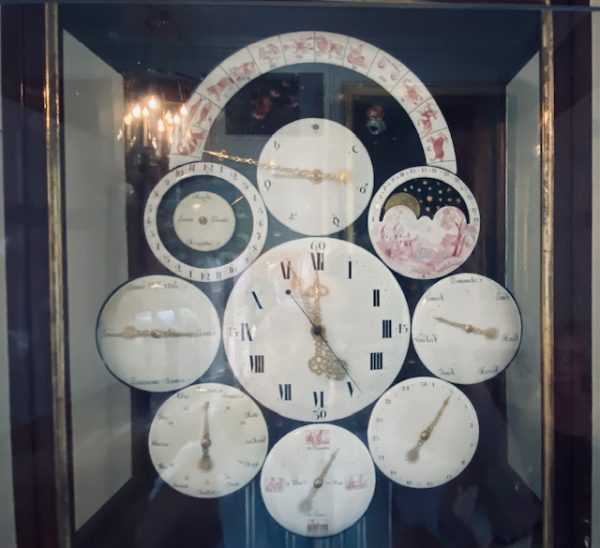

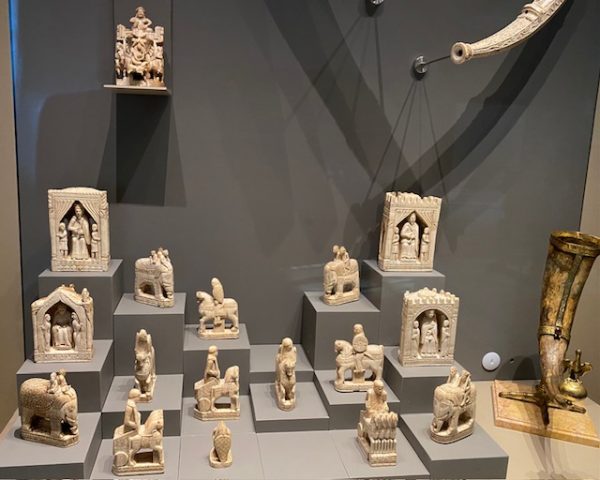
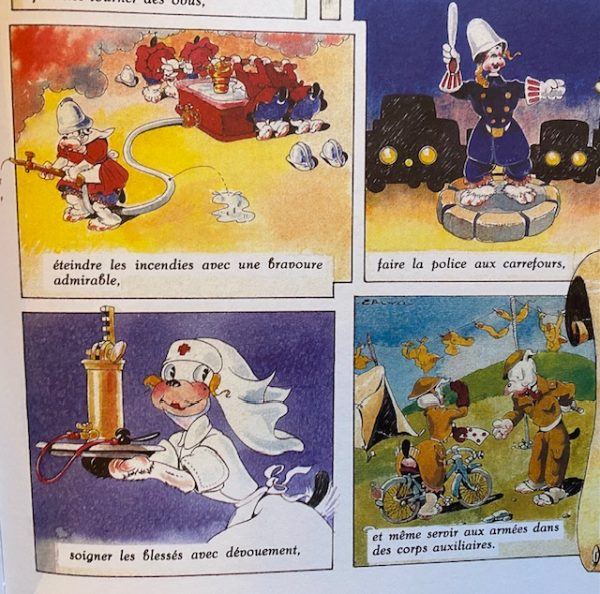





















 (Image: Extrait of Paul Klee, Seiltänzer 1923)
(Image: Extrait of Paul Klee, Seiltänzer 1923)